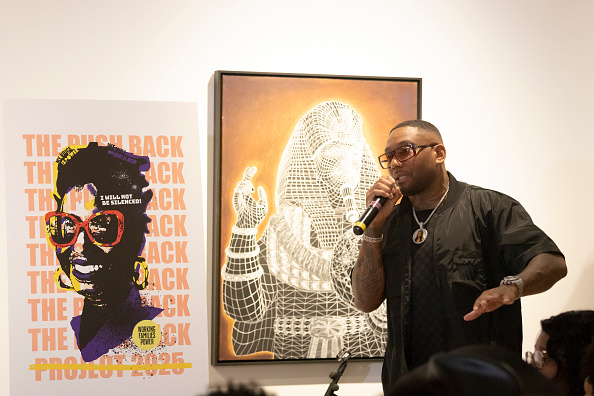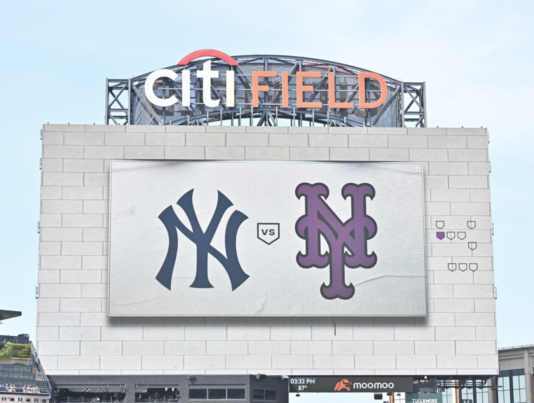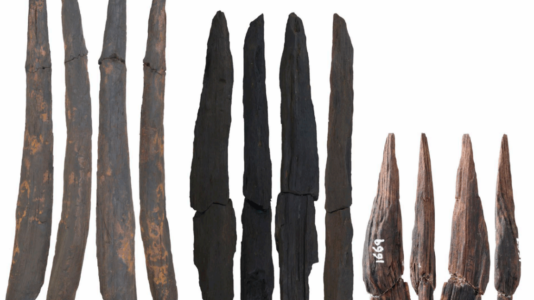Maino Opens Up About Life-Changing Shooting Incident
At 51 years of age, rapper Maino, born Jermaine Coleman, shared a harrowing experience from his past in a recent interview with DJ Vlad. For the first time, he recounted an incident from 2006 when he was confronted by an armed robber in a Brooklyn sneaker store. This significant moment not only highlights the rapper’s turbulent past but also brings to light broader issues regarding law enforcement responses in inner-city neighborhoods.
The Incident In Detail
During the interview, Maino vividly described the encounter: “I was in the sneaker store, a young dude ran in there, put the gun to my head, whatever. Fought him, tussled with him… Wind up getting the gun. He wind up being shot twice. Yeah, true story.” Remarkably, Maino was not charged in connection with the shooting, but he noted that the situation was not classified as self-defense because it unfolded inside a business.
Continuing, Maino recounted that the gunman had an accomplice who couldn’t enter the store due to security measures. “When he came to rob me, he wasn’t able to get in because they ran out,” Maino explained. This detail emphasizes the unpredictable dynamics in robbery scenarios and how such moments can quickly escalate.
Police Response and Legal Ramifications
Following the shooting, Maino ran out of the store as police arrived. Initially, officers instructed him to get down on the ground. He recalled moments of confusion, highlighting that it was only when bystanders recognized him that the police began to understand the context: “They said, ‘that’s Maino, they tried to rob him.’”
Despite the chaotic events of the day, Maino emphasized that he faced no legal ramifications. He explained, “I never had to go to no court. I never got charged, nothing,” even as the gunman alleged that Maino was responsible for the shooting. This raises questions about the fairness and thoroughness of investigations in such cases, particularly in marginalized communities.
Maino criticized the indifferent attitude of law enforcement toward incidents in lower-income areas, suggesting that different circumstances—perhaps a wealthier neighborhood—might have yielded a different approach. “They didn’t really care because once they said that this guy was doing a robbery, and he got caught with a mask still on his face, it didn’t matter,” he reflected.
Reflections on Violence and Personal Growth
The conversation took a reflective turn as Maino discussed his changed perspective over the years. He admitted that if faced with a similar situation today, he may have chosen to surrender his chain instead of risking his life. “It wasn’t worth my life,” he stated, indicating a matured outlook that recognizes the value of personal safety over material possessions.
With this experience not being his only brush with violence—Maino was also cleared of involvement in a shooting at Irving Plaza during a T.I. concert in 2016—he underlines the ongoing challenges faced by many in inner-city environments.
Conclusion: A Cautionary Tale
Maino’s storytelling serves not just as a glimpse into his past, but as a commentary on the complexities of crime and justice in America. His reflections navigated through the serious implications of the incident, providing a platform for discussing how race and socio-economic status can influence law enforcement practices. As he pointed out, incidents like these serve as counterparts of the broader struggles within these communities.
Listeners can appreciate Maino’s music and tales, with his insightful narratives resonating beyond the studio—often reflecting on life experiences marked by hardship and survival. For more of Maino’s music and insights, listeners are invited to explore his platform wherever music is available.









